Are you looking for abandoned cart recovery strategies for your eCommerce business?
The average conversion rate for eCommerce websites hovers around 2% to 3%. However, businesses can achieve significantly higher conversion rates, sometimes exceeding 10%, by focusing on abandoned cart recovery.
The value of abandoned carts worldwide is estimated to be in the trillions of dollars each year. This represents a tremendous missed opportunity for growth and profitability for businesses of all sizes.
Fortunately, most abandoned carts are not lost forever.
The web’s most profitable online stores already know this and use proven strategies for abandoned cart recovery. These tactics are incredibly affordable and easy to implement, and they’re all guaranteed to boost your sales.
In this blog post, we’ll explore the ins and outs of abandoned cart recovery, including abandoned cart meaning, reasons why it happens, and provide actionable strategies to help you reclaim those lost sales.
Follow the jump links below to skip to the section of your choice
- What Is an Abandoned Cart?
- Reasons Why Customers Abandon Their Carts
- Benefits of Implementing an Abandoned Cart Recovery Strategy
- 13 Abandoned Cart Recovery Strategies
What Is an Abandoned Cart?
An abandoned cart is when customers add items to their online shopping cart but fail to complete the checkout process. It’s essential to understand the reasons behind this behavior. It’s a common occurrence in the world of eCommerce, where customers may go through the product selection process only to abandon their carts at the final checkout stage.
In the following sections, we will understand the reasons behind this behavior and how to overcome it by implementing effective abandoned cart recovery strategies.
Reasons Why Customers Abandon Their Carts
There are several reasons why customers choose to abandon their carts. Understanding these reasons can help businesses address the underlying issues and improve conversion rates. Here are some common factors:
Unexpected Costs: Additional costs, such as shipping fees, taxes, or hidden charges, can come as a surprise to customers during the checkout process. High or unclear shipping costs are often cited as one of the primary reasons for cart abandonment.
Complicated Checkout Process: Lengthy and complex checkout processes can frustrate customers and lead to abandonment. Requiring too much information, multiple checkout form fields or complicated navigation can create unnecessary friction.
Distractions and Interruptions: Customers may get distracted by external factors while shopping online. They might receive a phone call, get interrupted by a family member, or be lured away by another task or website, causing them to leave the cart behind.
Comparison Shopping: Customers often engage in comparison shopping, especially for higher-priced items. They might add items to their cart on one website but then abandon it to check prices, read reviews, or compare options on other websites.
Unexpected Checkout Requirements: Requiring customers to create an account before completing a purchase can be a barrier. First-time buyers may not want to invest time in creating an account or may have concerns about data privacy and security.
Lack of Trust: If a website appears unprofessional, has a poor design, or lacks social proof such as customer reviews or testimonials, first-time visitors may hesitate to proceed with the purchase, leading to cart abandonment.
Technical Issues: Technical glitches, slow-loading pages, or website errors can frustrate customers and prompt them to abandon their carts out of sheer inconvenience.
Abandoned cart recovery should be a top priority for any eCommerce business. By implementing effective abandoned cart recovery strategies, you can unlock significant benefits.
Let’s dive into the key advantages of a robust abandoned cart recovery plan.
Benefits of Implementing an Abandoned Cart Recovery Strategy
Implementing an effective abandoned cart recovery strategy is crucial for eCommerce businesses. Let’s explore the key benefits that make it a priority:
Recapture Lost Sales: Abandoned cart recovery provides an opportunity to recapture sales that would have otherwise been lost. By reaching out to customers who have abandoned their carts, businesses can remind them of their initial intent to purchase and nudge them toward completing the transaction.
Increase Conversion Rates: The recovery process focuses on customers who have already shown interest in the products or services. By targeting these warm leads, businesses have a higher chance of converting them into paying customers. As a result, abandoned cart recovery efforts can significantly boost conversion rates.
Improve Customer Experience: By engaging with customers who abandoned their carts, businesses demonstrate their dedication to customer service. The personalized follow-up communication shows that the business values the customer’s interest and wants to assist them in completing their purchase. This enhances the overall customer experience and fosters positive brand perception.
Foster Customer Loyalty: Successful cart recovery not only leads to immediate sales but also has the potential to build long-term customer loyalty. By providing a positive recovery experience, offering personalized assistance, and addressing any concerns or issues, businesses can cultivate trust and loyalty with customers, encouraging them to return for future purchases.
Optimize Marketing Costs: Acquiring new customers can be more costly and time-consuming compared to recovering abandoned carts. Businesses can optimize their marketing efforts and allocate resources more efficiently by focusing on re-engaging existing customers. Abandoned cart recovery allows businesses to leverage their existing customer base and maximize the return on investment.
Now that we have established a firm understanding of what cart abandonment in eCommerce is and why it is essential to counter it, let’s dive straight into how to counter it by looking at the 13 abandoned cart recovery strategies.
13 Abandoned Cart Recovery Strategies
So, how do you recover an abandoned cart?
Here are the fastest, most effective ways to recover abandoned carts starting today.
1. Offer Discounts With Exit Intent Popups
Exit intent popups are a proven way to recover abandoned carts and boost online sales.
Here’s how it works.
Exit-intent technology tracks your visitor’s behavior. On desktop, it will monitor your shopper’s mouse movements. Exit intent functionality for mobile is triggered when your site visitor hits the back button or scrolls up.
As your site visitor is about to leave, you’ll show them an exit popup with a targeted message like:
- Invitation to chat with an agent
- Special discount
- Coupon code
- Offer to download lead magnet and join email marketing list
One of the best marketing automation tools for exit popups is OptinMonster. OptinMonster lets you quickly and easily create exit popups without any coding skills.
Using OptinMonster’s drag and drop builder and eCommerce templates, you can quickly create stunning, targeted popups.
It’s incredibly easy to use. As a result, you can build popups that convert your site visitors into subscribers in less than 20 minutes.
SnackNation used this exit popup to convert 31.85% of abandoning visitors.
Check out this article for more ways exit intent popups can grow your business: 40 Exit Popup Hacks That Will Grow Your Subscribers and Revenue
2. Use Social Proof to Discourage Cart Abandonment
Successful store owners have a secret strategy to recover abandoned carts.
They rely on fundamental psychological principles like social proof.
Social proof is the fact that people are influenced by others. When we see other people buying a product, we’re more likely to try it too.
Using a tool like TrustPulse, you can display recent purchases on your site easily.
Adding TrustPulse has been shown to increase conversions by as much as 15%.
3. Create Urgency
Want to reduce cart abandonment and increase conversions quickly? Then you need to use urgency.
Like social proof, urgency is another tactic rooted in basic human behavior.
When we know a deal is coming to an end, we’re more likely to do something about it.
In other words, urgency motivates us to take action.
There are a few ways you can create urgency on your eCommerce site.
Consider adding countdown timers to special offers.
Cracku used this countdown timer to increase conversions.
Try adding FOMO notifications. FOMO, the fear of missing out, is the idea that we don’t want to lose out on a great deal.
If we think an opportunity is slipping through our fingers, we are more likely to make a purchasing decision.
4. Offer Free Shipping
One of the best ways to recover carts is to offer free shipping.
Of course, you’d need to evaluate whether this option makes sense for your online store.
If you’re able to offer free shipping, you should display it across your site prominently.
Free shipping only works if your customer knows about it.
This means your shopper is aware of the deal as soon as they land on your site. Now, if they’re doing comparison shopping, a free shipping offer might push them to choose your store.
Here’s an example of a free shipping notification you can show:
5. Display Shipping Costs
If you’re unable to offer free shipping, make sure your shoppers know the costs involved.
Here’s where a shipping calculator comes in.
Shipping calculators let your customers easily add up their estimated costs.
So, there are no surprises at checkout page.
6. Make Saving Carts Easy
Allowing your shopper to save their cart makes it easy for them to come back later to finish their purchase.
There are several ways to make that possible:
- Cart Saver: this Shopify app lets your customers easily save carts before checkout
- Free Persistent Cart App: with this Shopify tool your customers can save their carts and access it across devices
- WooCommerce Abandoned Cart Recovery: automatically saves carts
For more, check out this article:12 Cart Saver Tools You Can Use for a Big Boost to Your Bottom Line
7. Enable Guest Checkout
The benefit of online shopping is that everything is just so easy. You don’t need to deal with traffic or checkout lines. And that’s exactly how your shoppers like it.
If they encounter complications when filling out your forms, they will abandon your site forever.
In sum, long, complicated checkout processes hurt your sales.
The answer?
Giving your visitors the option to use guest checkout is one solution.
You can easily enable guest checkout using WooCommerce (WordPress) or Shopify.
8. Abandoned Cart Emails
Picture this scenario:
Your shopper has added your products to their carts and is ready to finish the purchase.
At that moment, something happens.
Their cell phone rings with an urgent work request. Or perhaps, they lost internet connectivity. Whatever the cause, their purchase was interrupted.
It’s not as uncommon as you might think. Most shoppers who abandon their carts intend to finish their order later. And these shoppers only need a gentle nudge to complete their purchases.
Here’s where abandoned cart emails help.
Abandon cart emails are messages you send your customers to remind them about their orders.
It’s a simple strategy to re-engage potential customers.
So, do cart abandonment emails work?
Some may argue that sending cart recovery emails may lead users to unsubscribe from your mailing list; however, research suggests otherwise.
One research project found 60% of shoppers returned to make a purchase 24 hours after receiving a personalized follow-up email.
Here are lessons from the best abandoned cart email templates:
- Grab attention with catchy subject lines
- Create urgency with terms like “hurry”
- Include links to the cart
- Encourage purchases with incentives, like discount coupons
Several email marketing automation tools let you easily create and send automated abandoned cart recovery email campaigns:
- Abandoned Cart Lite
- WooCommerce Recover Abandoned Cart
- Constant Contact
- Yith Woocommerce Recover Abandoned Cart
Also check out:
- How to Create an Abandoned Cart Email Strategy
- 27 Abandoned Cart Email Subject Lines PROVEN to Convert
9. Show Security Seals
Are you sure your customers trust you?
According to research on cart abandonment, 29% of people mention security as the key reason they leave a site before submitting a form.
It’s up to you to show people their data is safe and protected.
Add well-known security seals like Norton and McAfee to your checkout cart page to signal your customer that your site is secure.
Blue Fountain Media increased conversions by 42%, just by adding a Verisign trust seal.
That’s a massive boost in sales for such a small change.
10. Offer Multiple Payment Options
Do you offer your customers multiple payment options?
Think about it like this:
The world of commerce is changing fast. In the real world, you no longer need to carry cash. Some stores even let you pay for your purchase using only your smartphone.
It makes sense that your customers expect you to accommodate their preferred payment method.
Using a plugin like WPForms, you can accept credit card payments, Stripe, PayPal, and more.
11. Track Cart Abandonment
The only thing worse than shopping cart abandonment is not knowing why you lost the sale in the first place.
Understanding your customer behavior helps to remove that uncertainty.
Dig into your eCommerce site’s analytics to uncover your cart abandonment rate and other insights.
Install a plugin like MonsterInsights to track shopping cart abandonment.
These insights help to reveal where your customers abandoned their carts. Once you understand the intent, you’re able to address the customer’s concern.
12. Answer Questions
Shoppers who can’t find the answers they’re looking for will abandon their cart.
Adding live chat to your site means your customers can quickly get the answers they need.
LiveChat is a popular live chat software that connects with shopping cart platforms like WooCommerce and Shopify.
Check out this article for the best live chat plugins.
13. Retargeting
Retargeting is a powerful abandoned cart recovery technique that involves reaching out to customers who have abandoned their carts through personalized ads.
By reminding them of their unfinished purchase and offering incentives, retargeting keeps businesses top-of-mind and increases the likelihood of customers returning to complete their purchase.
It delivers relevant and personalized messages, utilizes different ad formats, and reaches customers across various platforms, such as social media or other web pages, to maximize the chances of conversion.
Retargeting is an effective strategy within abandoned cart recovery and for upselling, driving customer engagement, and boosting sales.
Check out this resources on retargeting:
- How to Use Onsite Retargeting to Boost Conversions
- How Does a Retargeting Pixel Work? (3 Use Cases)
- How to Use Onsite Behavioral Retargeting
- What Is Cookie Retargeting (+11 Ways to Boost Conversions)
There you go. We’ve covered the best ways to recover abandoned carts.
If you’re looking for more resources on cart abandonment, check out these articles:
- How to Prevent Shopify Cart Abandonment (9 Easy Ways)
- 11 Best Abandoned Cart Recovery Plugins for WooCommerce
- 14 Abandoned Cart Email Examples Proven to Boost Revenue
Want to turn your site visitors into paying customers? Get OptinMonster today.

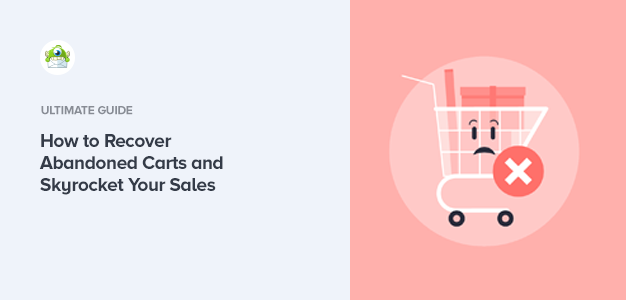
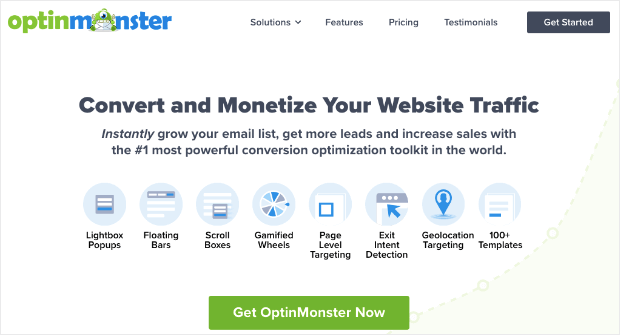

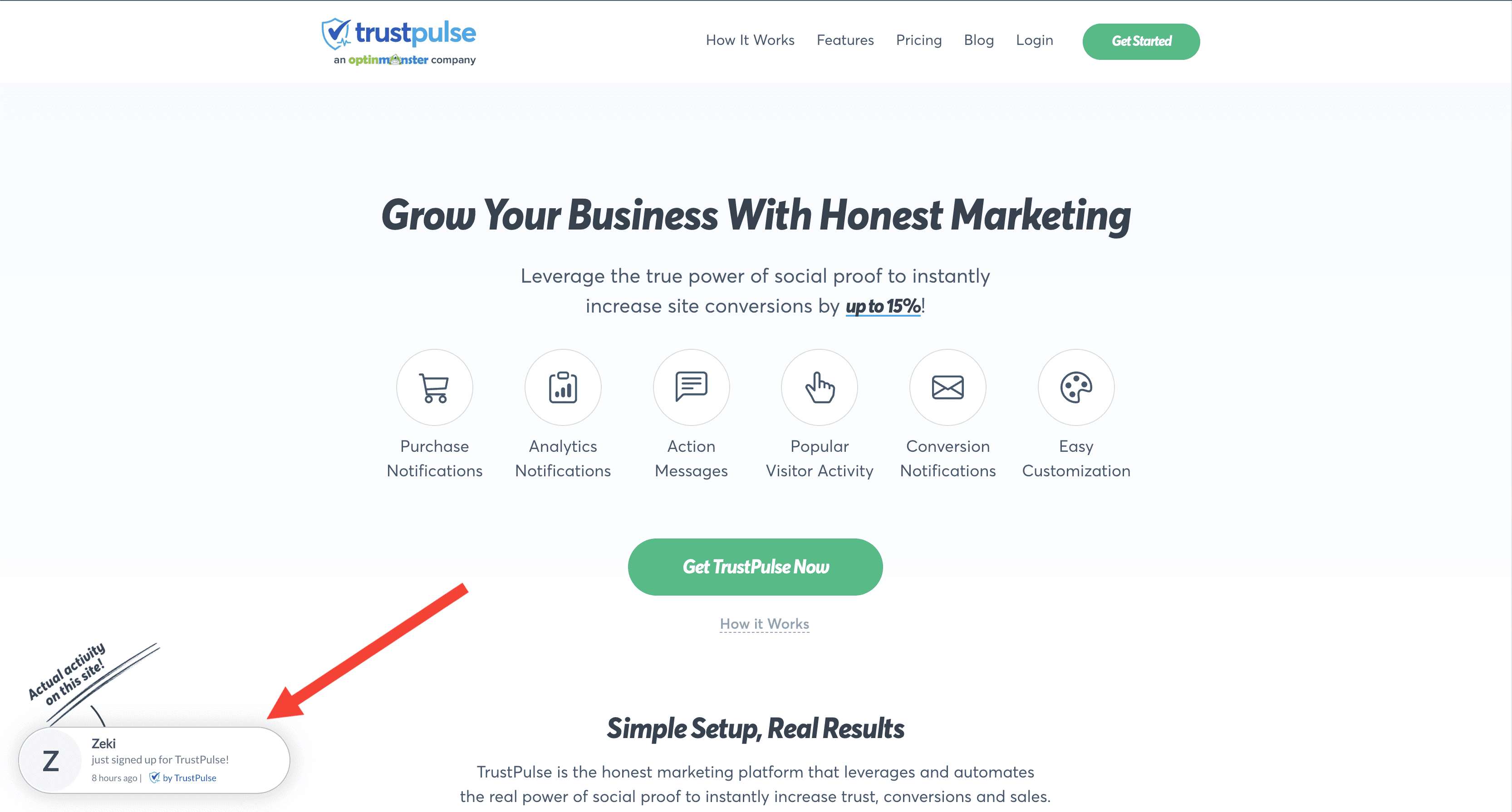
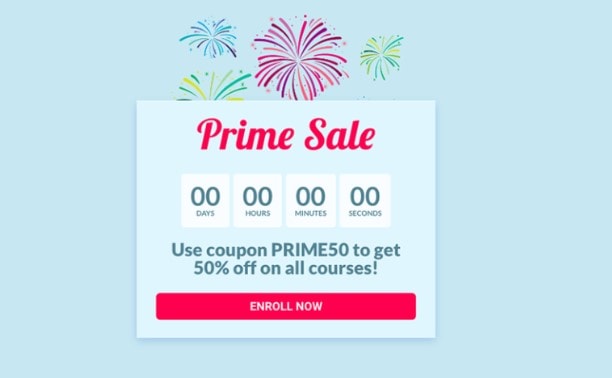

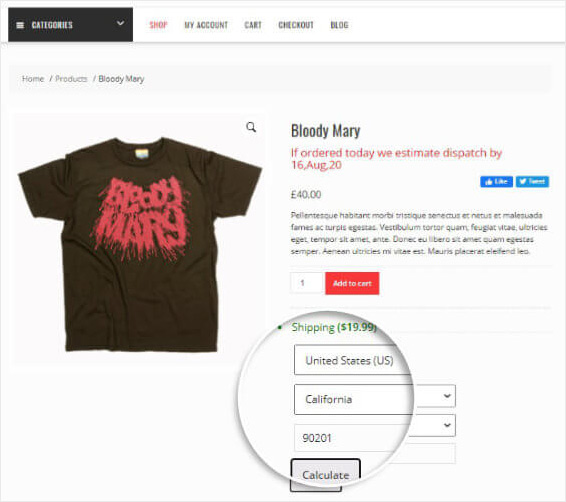
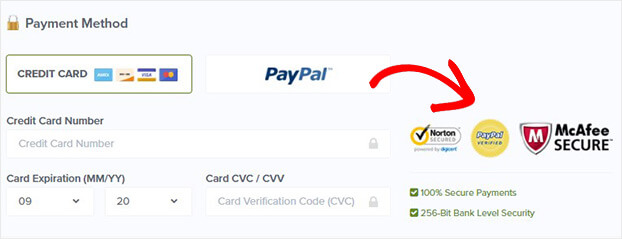
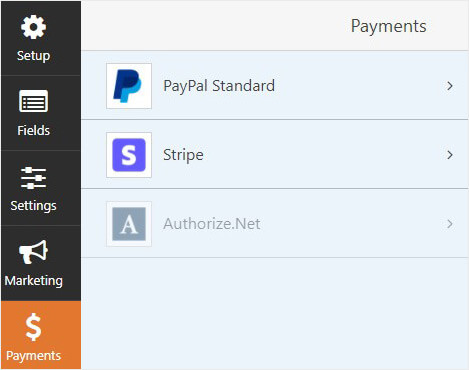
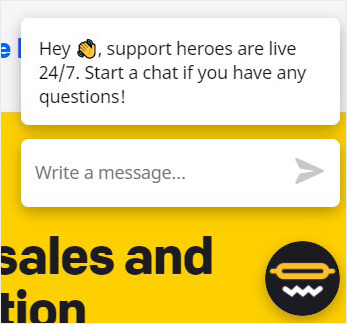








Add a Comment